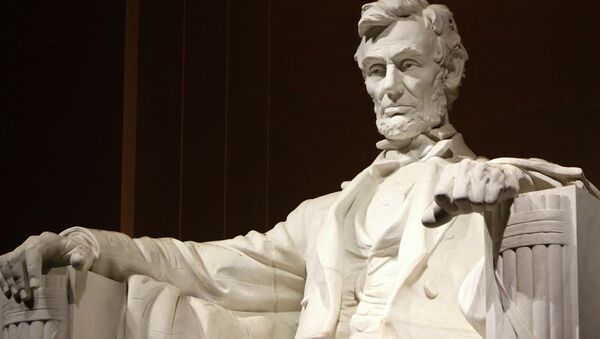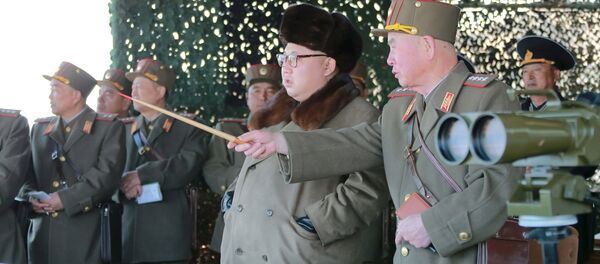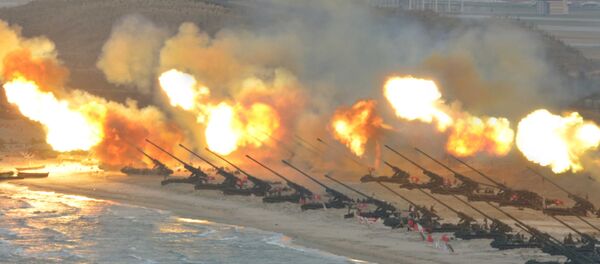It is said that since his death in a small house across from Ford’s Theatre in 1864 after being shot, the 16th President of the United States has haunted the White House. President Harry Truman reported being woken by a series of mysterious knocks one night while sleeping in the Lincoln Bedroom. First Lady Eleanor Roosevelt’s secretary once ran screaming in the halls after claiming to have seen a vision of Lincoln pulling on his boots. Even British Prime Minister Winston Churchill claimed to have encountered Honest Abe while drying off after a late-night bath.
Evidently familiar with the stories, North Korea is attempting to tap into the diplomatic power of a spectral Lincoln.
The website of state-owned media outlet, DPRK Today, posted a letter entitled "Advice from Lincoln to Obama," allegedly "written" by the 16th President of the United States.
"Hey, Obama," the letter begins, in a tone of surprising familiarity, "I know you have a lot on your mind these days…I’ve decided to give you a little advice after seeing you lost in thought before my portrait during a recent Easter Prayer Breakfast."
The letter lacks the rhetorical flair of the iconic Gettysburg Address; North Korea’s imagining forgoes the "four score and seven years ago" language for a more modernized, plainspoken ghost. But the purpose of the letter is clear: to chastise Washington’s current nuclear policies.
If the US "only pays lip service, like a parrot, and doesn’t do anything actively, it will be a mockery to the entire world," Pyongyang’s Lincoln letter reads, criticizing Washington’s failure to shrink its own nuclear arsenal.
While "like a parrot" may sound like a simile more aptly ascribed to George W. Bush (editing tip: never go with the first comparison that pops into your head), the letter’s true author clearly has little affinity for US Presidents, past or present.
"Hey, Obama, it’s the 21st Century," the text companionably exhorts, "The tactic by past American presidents, including me, who deceived the people…is outdated. That doesn’t work now. The world doesn’t trust an America that doesn’t take responsibility for what it says."
It’s a charming and lighthearted diplomatic strategy, but one that seems unlikely to have an effect, unless it is to render the DPRK as somewhat less soulless than how they are depicted in the Western press. Born a century before the Manhattan Project, President Lincoln, after all, couldn’t have imagined the dire threat posed by nuclear weapons.




